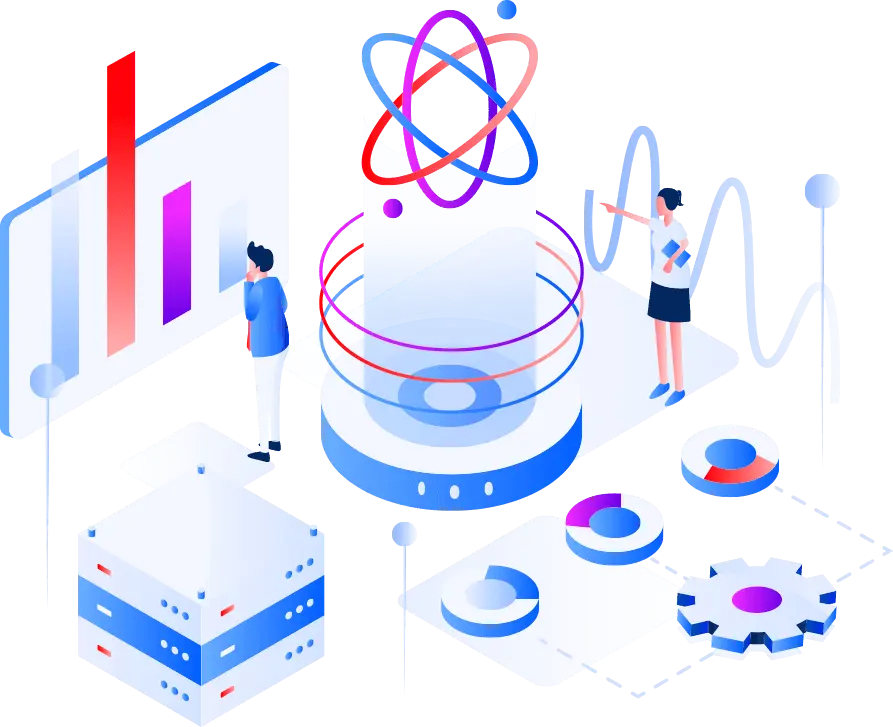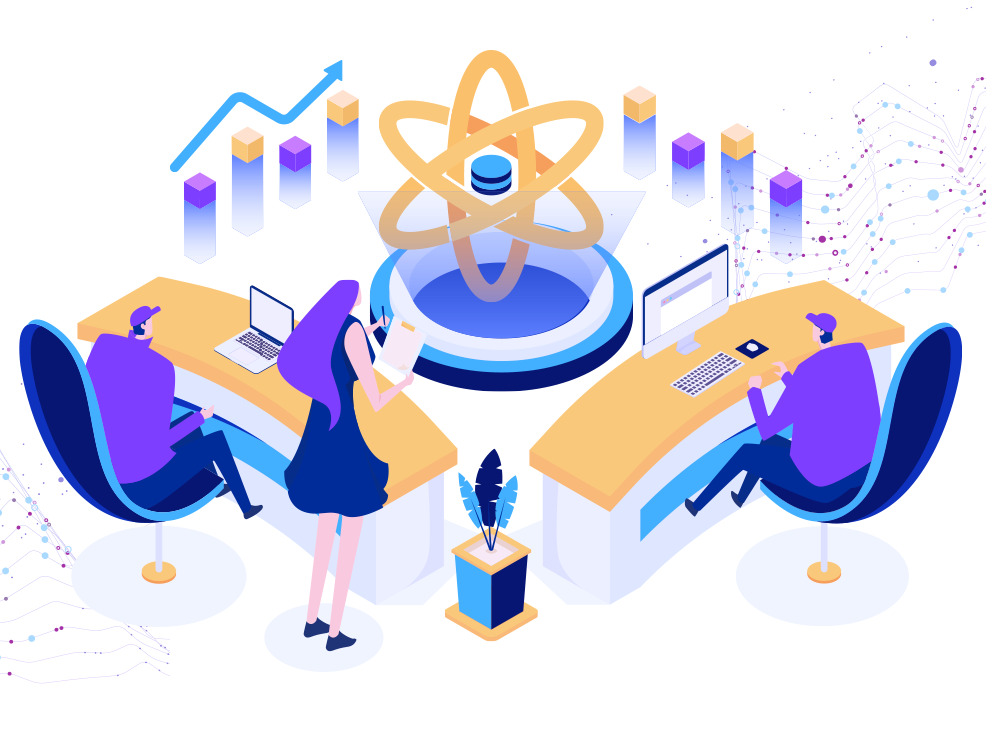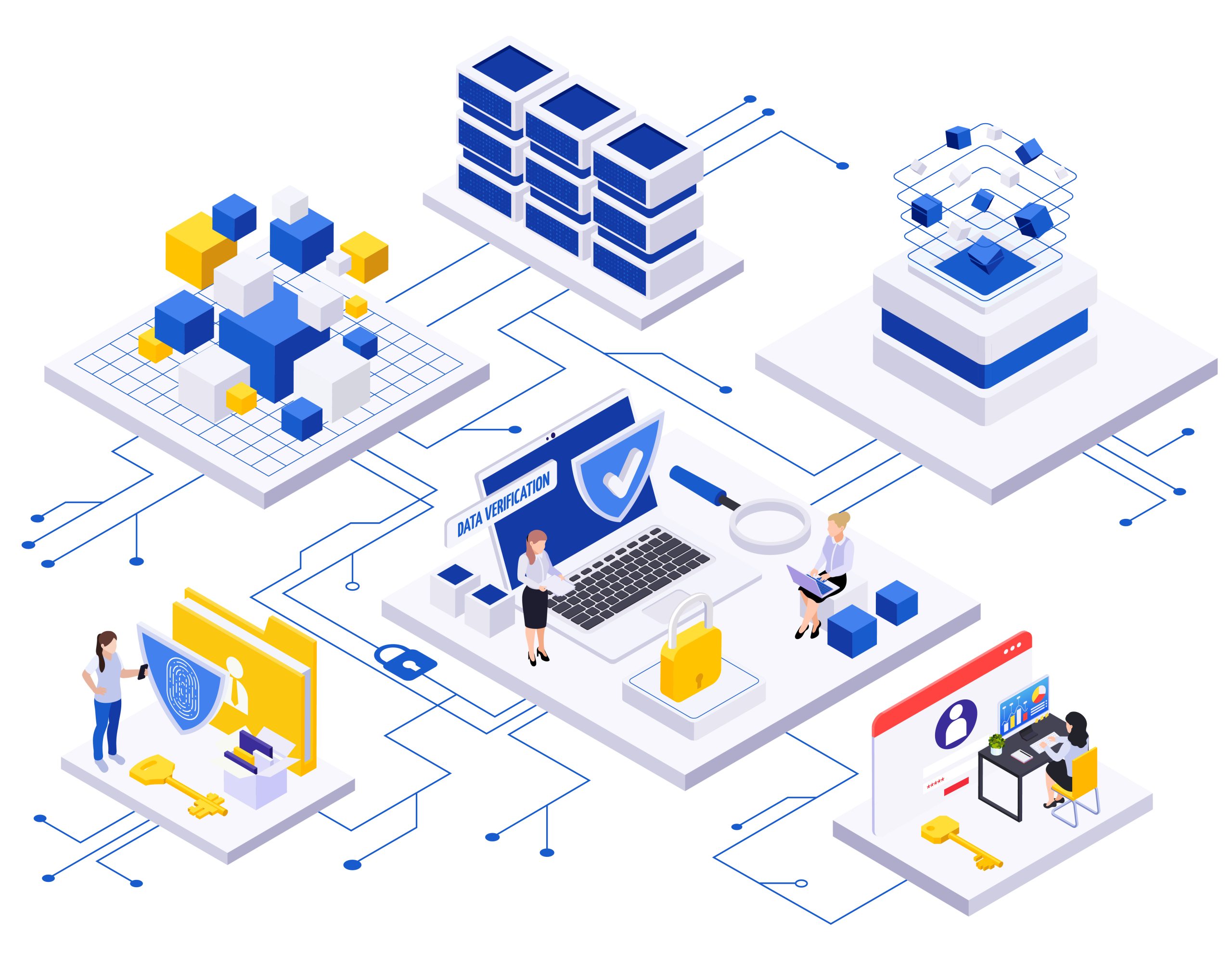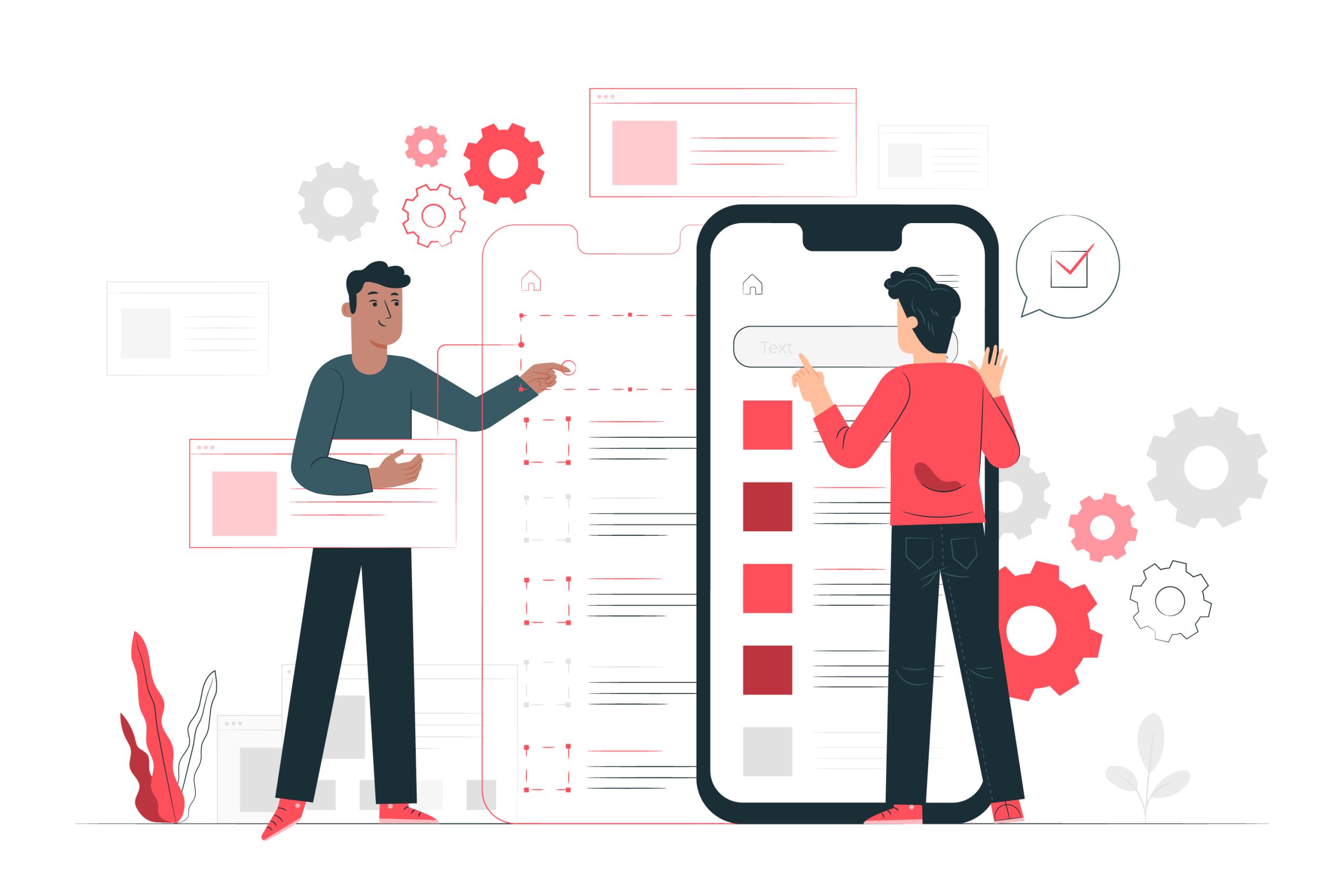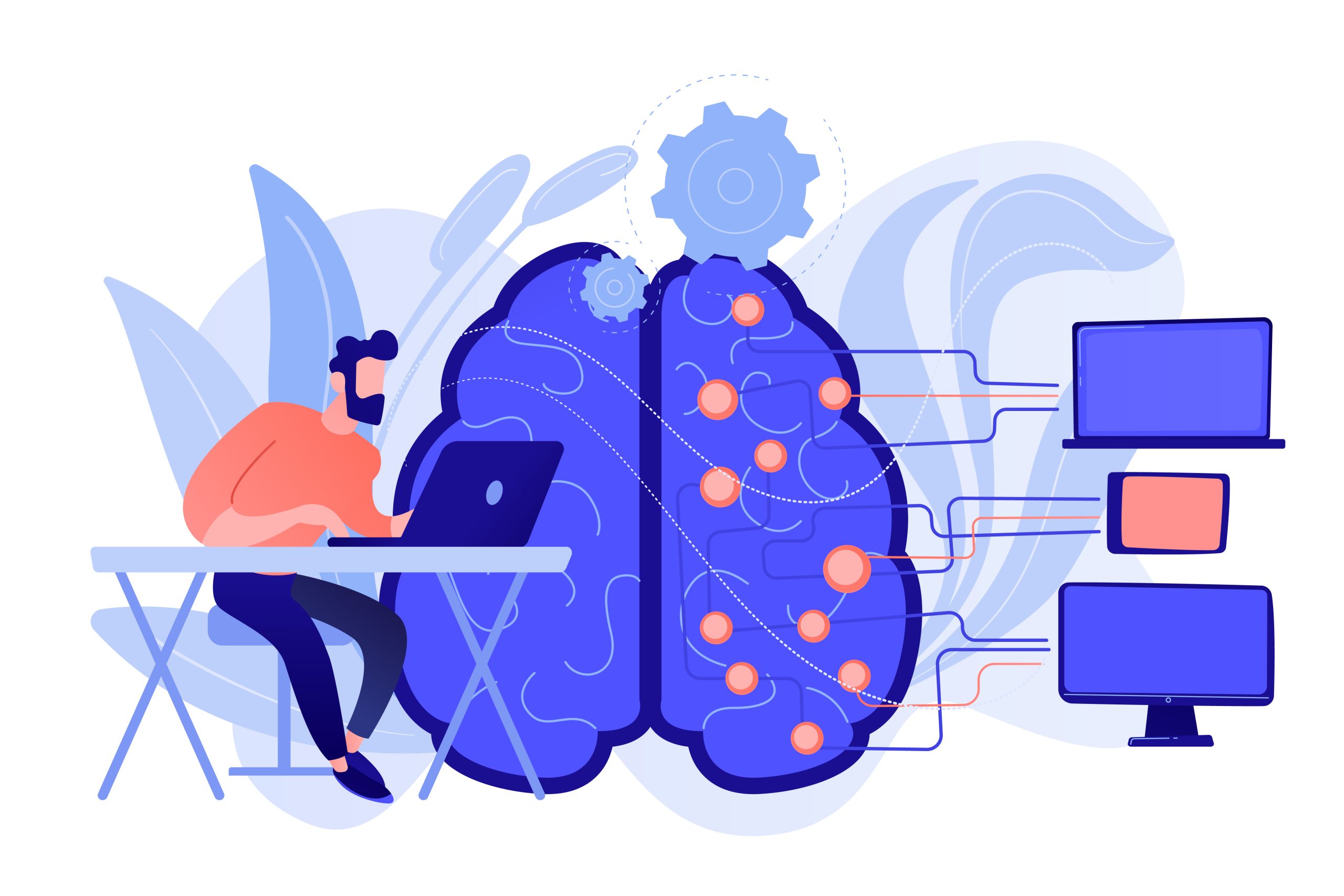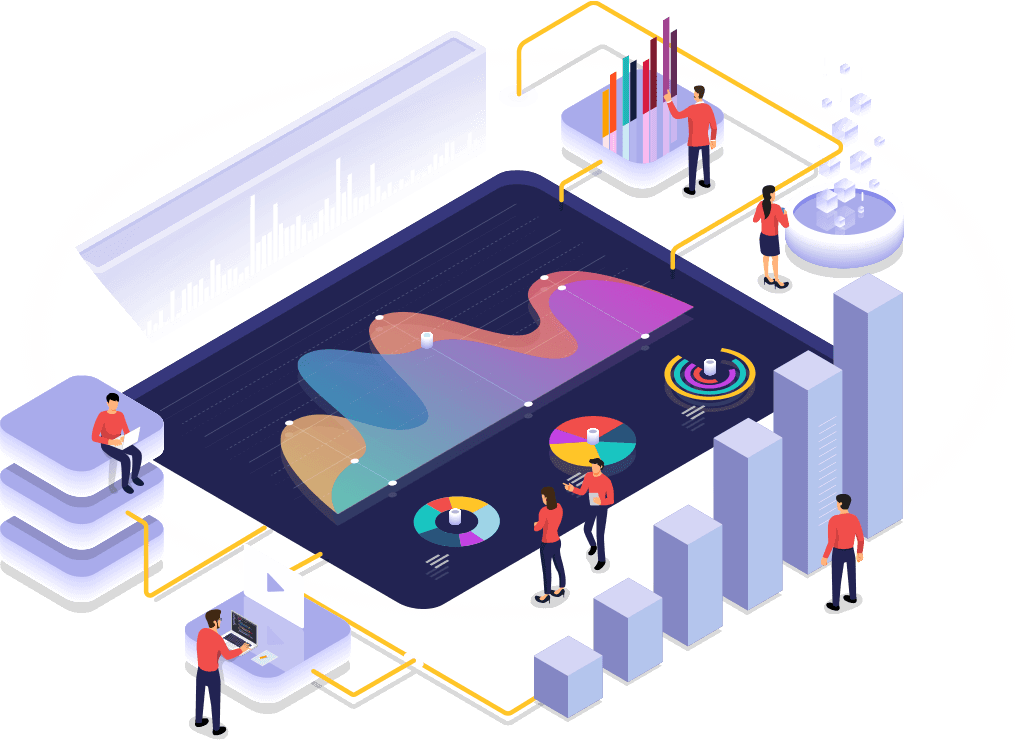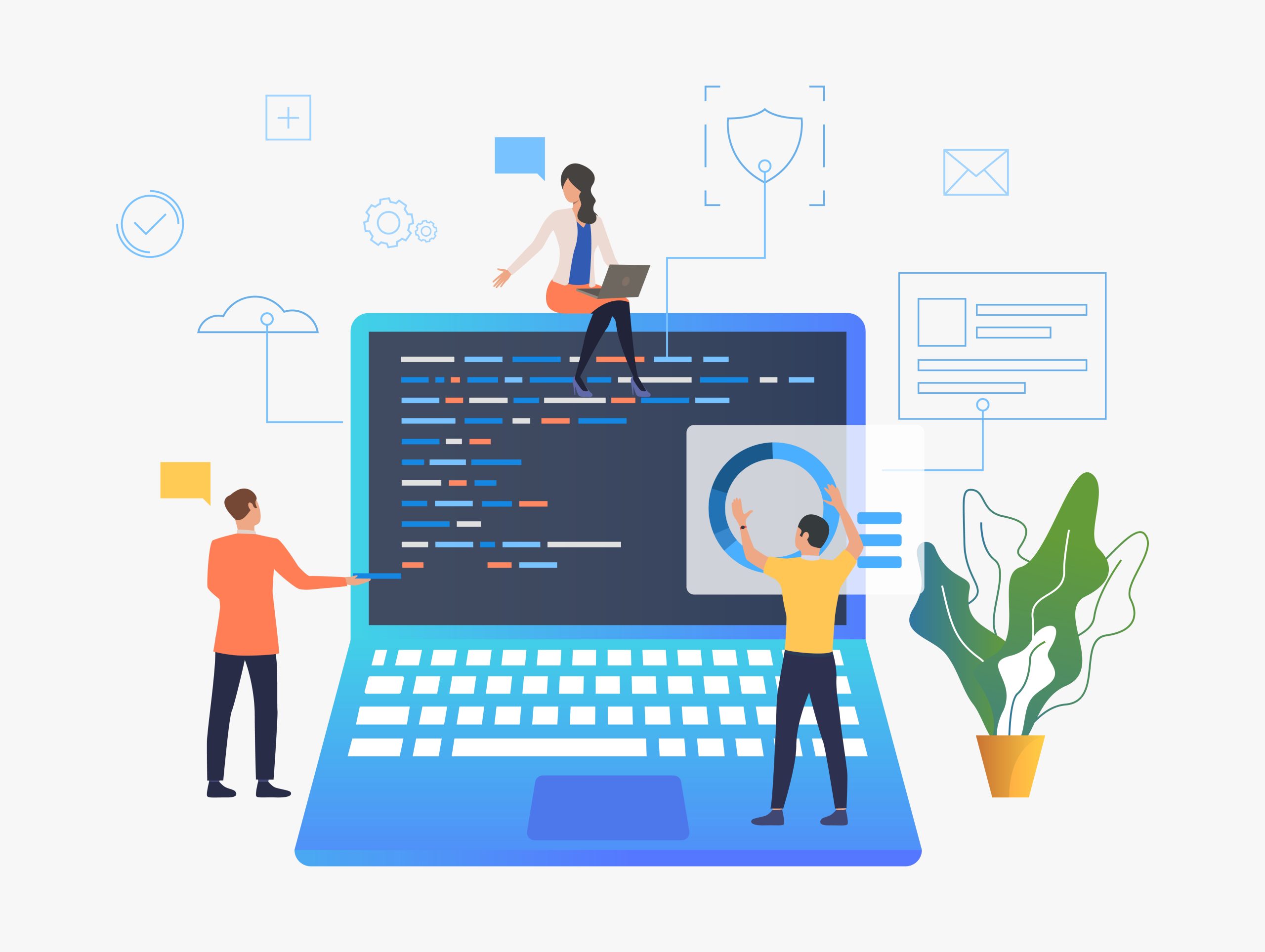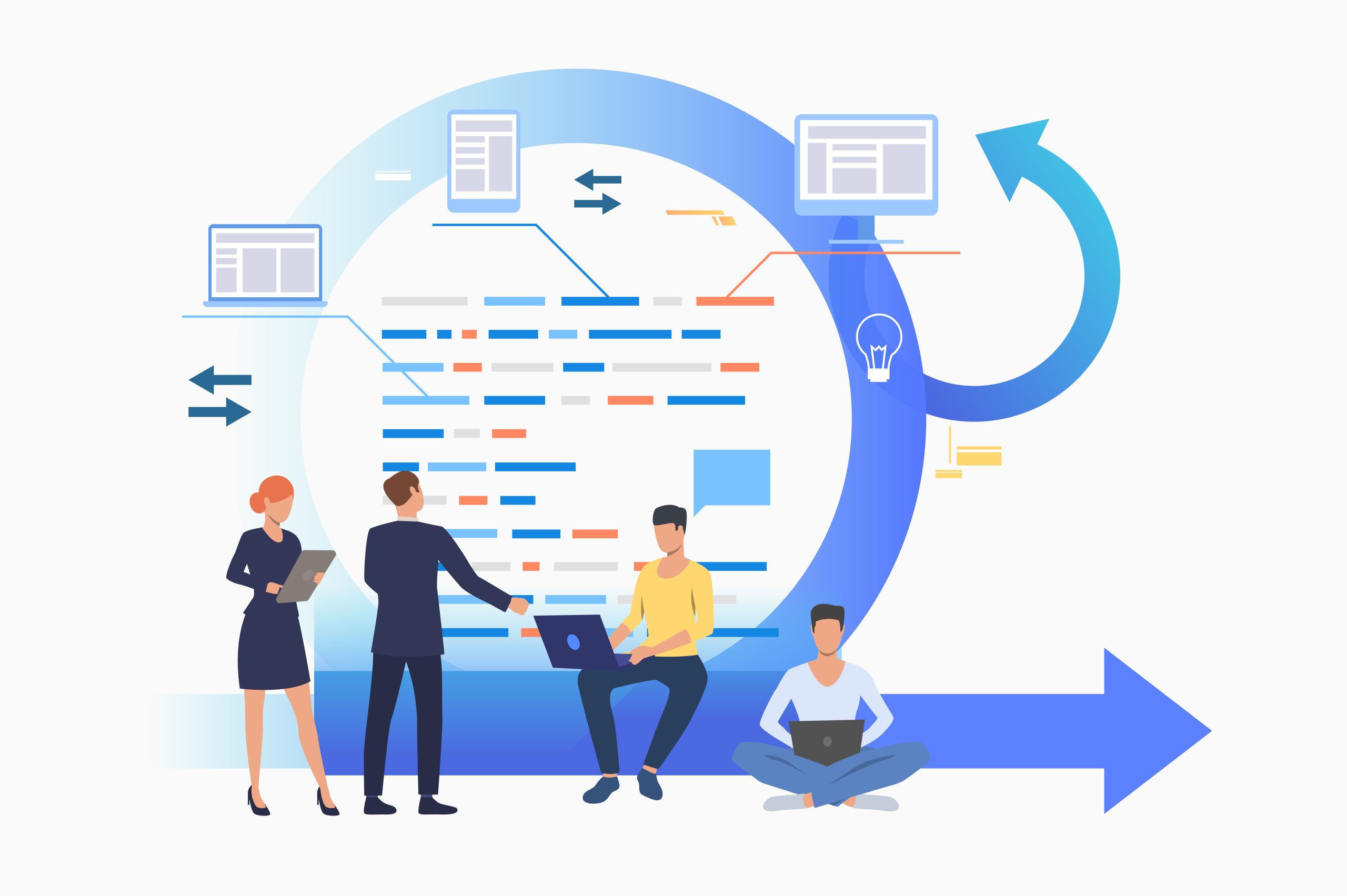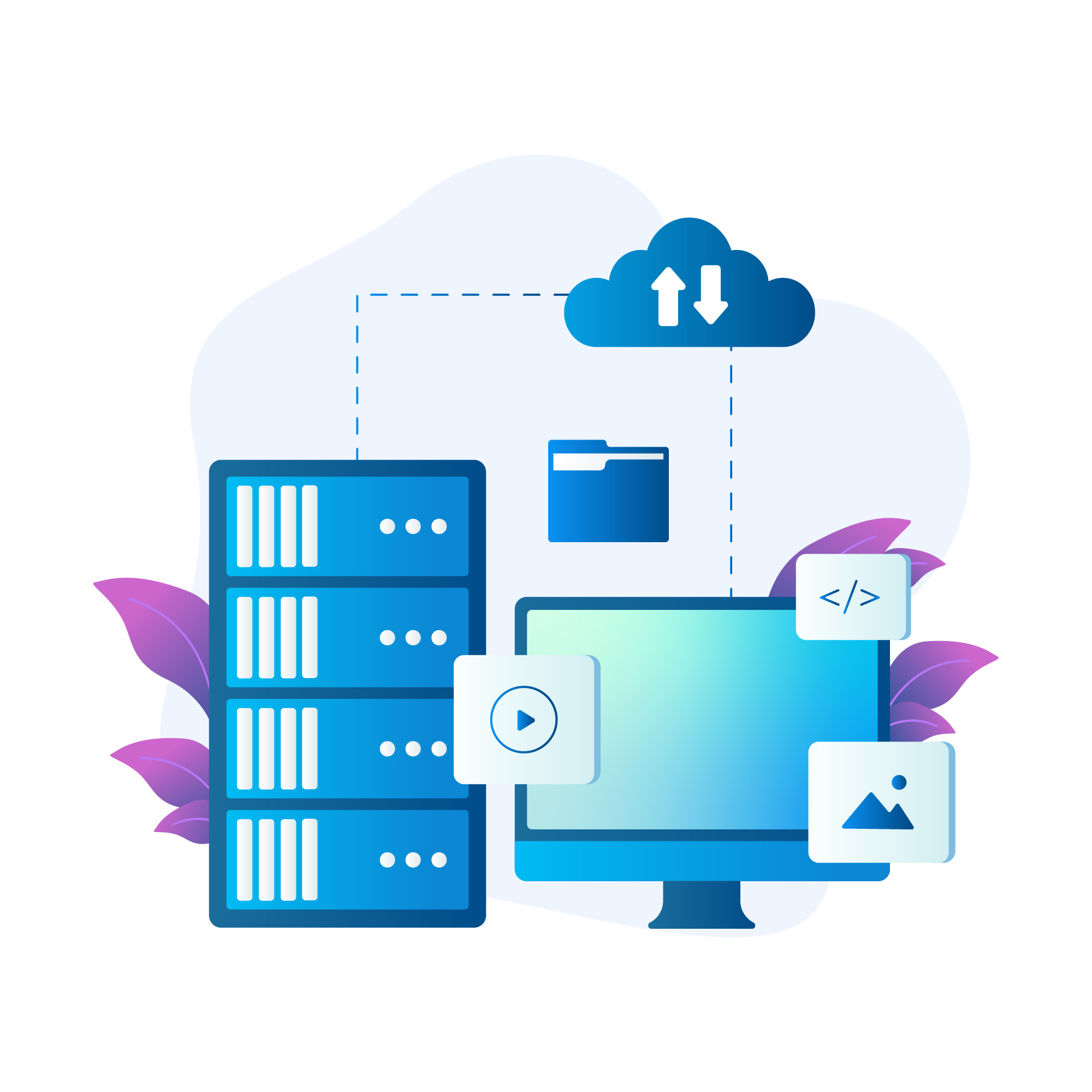Introduction
In the ever-evolving landscape of artificial intelligence (AI), cognitive computing emerges as the next frontier, promising to revolutionize how machines understand and interact with the world around them. With its ability to mimic human thought processes, cognitive computing opens doors to unprecedented possibilities across various industries, from healthcare to finance and beyond. Let’s delve into what cognitive computing entails and how it’s shaping the future of AI.
Understanding Cognitive Computing
Cognitive computing goes beyond traditional AI by simulating human-like thought processes such as reasoning, learning, and problem-solving. It leverages advanced technologies like natural language processing (NLP), machine learning, and neural networks to analyze vast amounts of data, extract insights, and make informed decisions autonomously.
Key Components of Cognitive Computing
- Natural Language Processing (NLP): NLP enables machines to understand and interpret human language, facilitating seamless communication between humans and computers. From chatbots providing customer support to virtual assistants aiding in daily tasks, NLP plays a crucial role in cognitive computing applications.
- Machine Learning: Machine learning algorithms enable cognitive systems to learn from data, identify patterns, and adapt to new information over time. By continuously refining their models, cognitive systems improve accuracy and performance, making them invaluable for tasks ranging from predictive analytics to personalized recommendations.
- Neural Networks: Inspired by the structure of the human brain, neural networks comprise interconnected nodes that process and analyze information in parallel. Deep learning, a subset of neural networks, empowers cognitive systems to handle complex tasks like image recognition, speech synthesis, and autonomous decision-making with remarkable accuracy.
Applications of Cognitive Computing
- Healthcare: In the healthcare sector, cognitive computing aids in diagnosing diseases, analyzing medical images, and recommending personalized treatment plans. By harnessing the power of cognitive systems, healthcare providers can improve patient outcomes, streamline workflows, and enhance clinical decision-making.
- Finance: In finance, cognitive computing facilitates fraud detection, risk management, and algorithmic trading. By analyzing market trends, consumer behavior, and economic indicators in real-time, cognitive systems empower financial institutions to make data-driven decisions and mitigate risks effectively.
- Customer Experience: Cognitive computing transforms the customer experience by delivering personalized interactions and anticipatory services. Whether it’s recommending products based on past purchases or resolving customer queries through virtual assistants, cognitive systems enhance engagement and loyalty across various touchpoints.
Challenges and Opportunities
While cognitive computing holds immense promise, it also presents challenges such as data privacy, algorithm bias, and ethical considerations. Addressing these concerns requires a multidisciplinary approach involving collaboration between technologists, ethicists, and policymakers. By mitigating risks and harnessing the transformative potential of cognitive computing responsibly, we can unlock new opportunities for innovation and societal advancement.
Conclusion
As we embark on the journey towards cognitive computing, we stand at the threshold of a new era in artificial intelligence. By combining the power of human intelligence with machine capabilities, cognitive computing has the potential to redefine how we work, live, and interact with technology. As researchers, developers, and stakeholders continue to push the boundaries of AI, the possibilities are limitless, paving the way for a future where intelligent machines augment human potential and enrich our lives in unprecedented ways.



